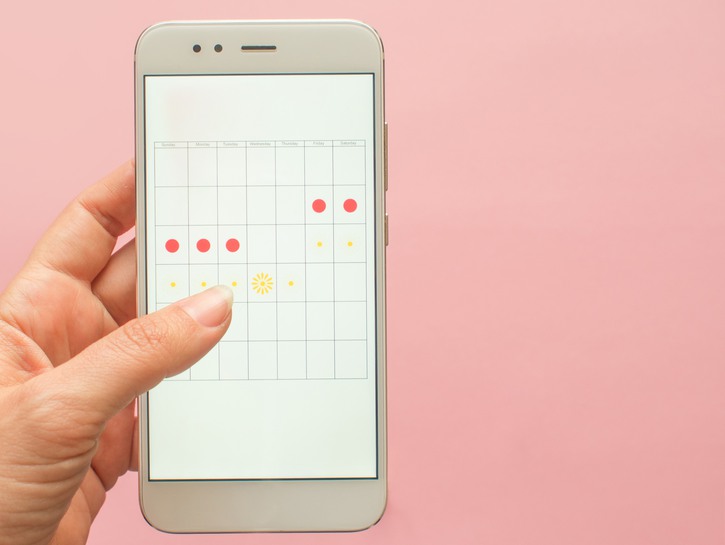Women know the importance of tracking their periods each month. Period tracking can help women understand their body’s unique menstrual patterns, know when their fertile, understand their body’s hormonal changes, and obtain information about their overall health. However, if you use an app to track your period, you may want to read the fine print in the user agreement before revealing any personal and private information on the app.
According to new study by Privacy International, period tracking apps MIA Fem and Maya have been sending users’ data to Facebook and other social media platforms, even when the user doesn’t have Facebook connected to the app.
But exactly how and why does this happen?
When users track their periods, mood, health, and sexual activity on these apps, their information is sent to Facebook’s Software Development Kit, which helps them target ads.
Take the Maya app, for example. When tracking one’s period with Maya, users are asked to enter information about how they are feeling, any symptoms they might have (like swelling or acne), the last time they had sex, etc. While this information helps women have greater understanding of their bodies, it also helps Facebook with their ad targeting algorithms.
“There is a reason why advertisers are so interested in your mood,” the study says, “understanding when a person is in a vulnerable state of mind means you can strategically target them. Knowing when a teenager is feeling low means an advertiser might try and sell them a food supplement that is supposed to make them feel strong and focused. Understanding people’s mood is an entry point for manipulating them.”

According to the New York Post, Maya’s parent company, Plackal Tech, has denied that users’ personal and medical data is given to Facebook. However, Plackal Tech did say that they use the Software Development Kit to “earn revenue by displaying ads that our users can opt out of by subscribing to Maya’s premium subscription.”
Facebook responded to the study with a statement saying that it does not allow apps to share user data about health, finances, or sensitive subjects. A spokesperson said, “We have begun looking at ways to improve our system and products to detect and filter out more types of potentially sensitive data.”
Whatever security measures Facebook and period-tracking apps take in light of Privacy International’s study, let this be an important reminder to be careful about who or what you share your personal information with.
